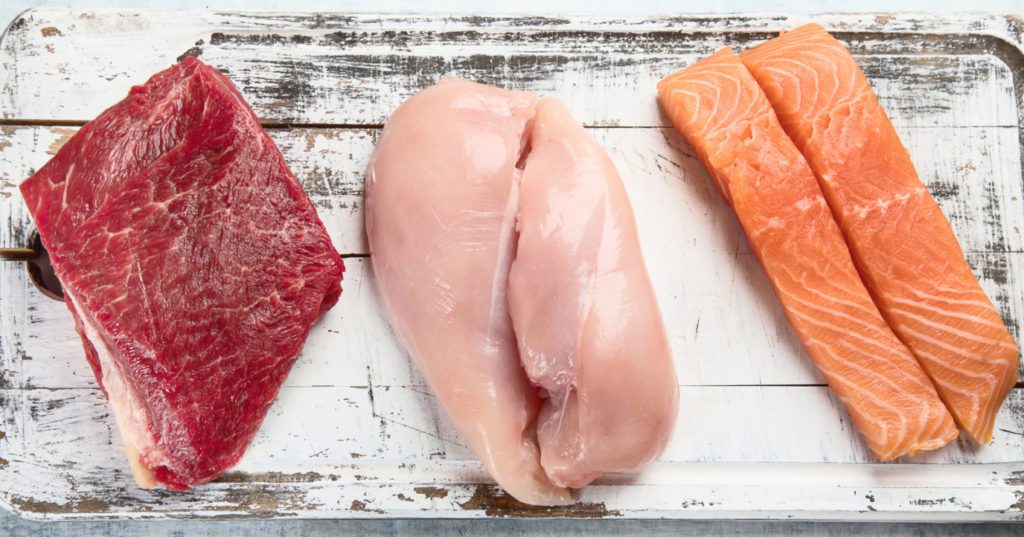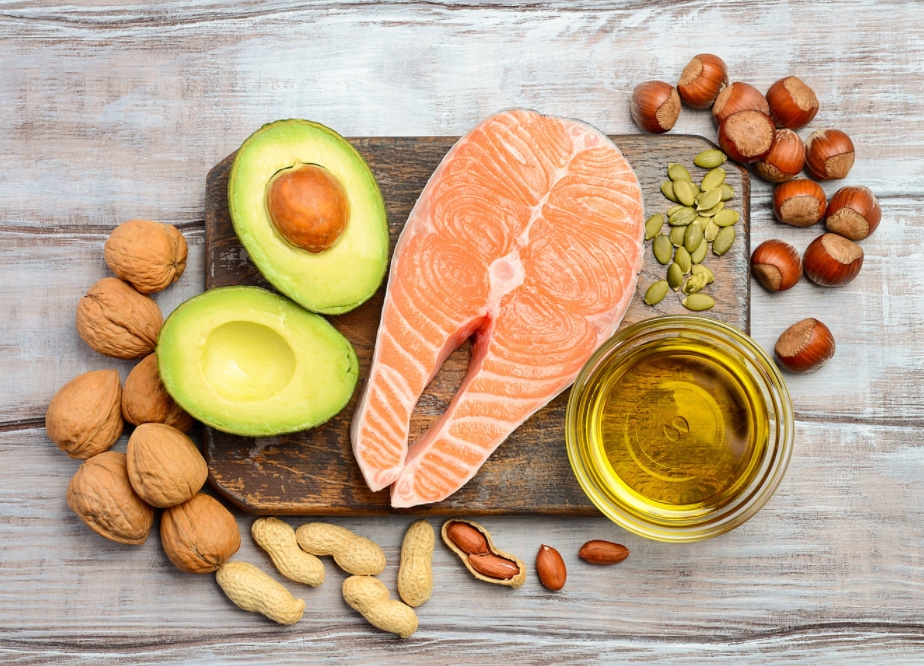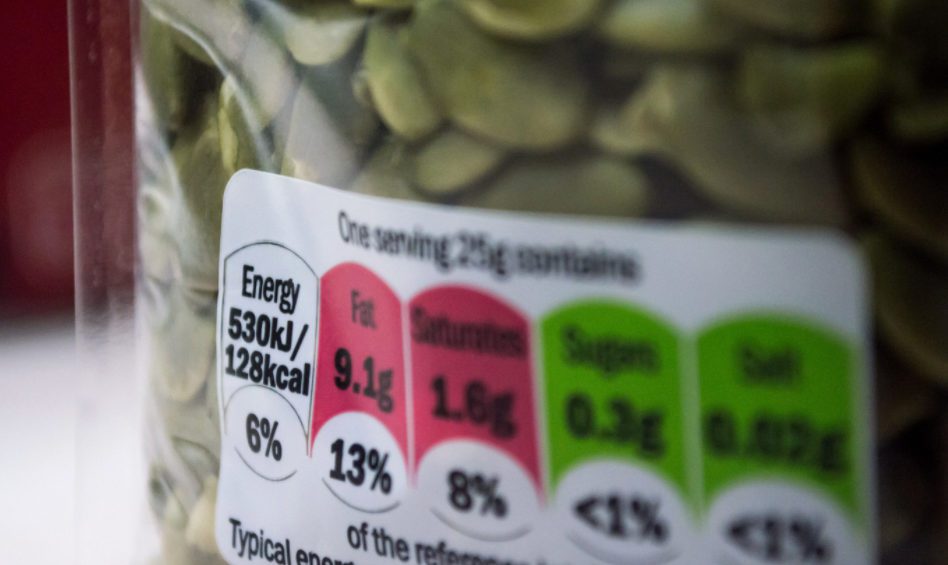What are Macronutrients and
Why They are Important to Your Health
There are 6 essential nutrients that the body needs to function properly: Carbohydrates, Lipids (fats), Proteins, Vitamins, Minerals, Water. Nutrients are found in foods that provide us with energy, are building blocks for repair and growth, and necessary to regulate chemical processes in the body.
Three of those nutrients are called macronutrients (Carbs, Lipids, and Proteins) and are the chemical elements that humans consume in the largest quantities (“macro” means large). Almost every food has a combination of macronutrients. Although each of these macronutrients supplies the energy needed to run body functions, the amount of energy that each provides varies.
Carbohydrates
Carbohydrates provide fuel for the central nervous system and muscles. They can be found in grain products, fruits, and vegetables. It is recommended that carbohydrates should supply 45–65% of our total daily energy needs.
The shorter the molecule chain is, the easier it is for your body to break down. These are called simple carbohydrates. On the other hand, larger molecule strains are referred to as complex because it takes longer for your body to break them down into usable components and will keep you full longer.

Why do we need carbohydrates?
Carbohydrates provide the major source of energy to fuel our daily activities. They also prevent protein from being used as an energy source and instead enable fat metabolism. They are also important for brain function and can influence mood and memory.
Some of the carbs we consume are converted into a type of starch known as glycogen, which is stored in the liver and muscles for later use as an energy source.
Cellulose (a.k.a. dietary fiber) is a non-digestible carbohydrate found in fruits and vegetables. They are not used as an energy source but play an important role in maintaining the health of the large intestine and assisting with the removal of body waste.
Proteins
Proteins may be used as a source of energy when carbohydrates are not available. Protein is found in many foods including meats, poultry, fish, meat substitutes, cheese, milk, and nuts, and in smaller quantities in some starchy foods and vegetables.
The body breaks down protein into its building blocks called amino acids. There are 9 essential amino acids that can’t be produced by the body. Proteins that contain all nine essential amino acids mostly come from animal sources. Proteins that do not contain all nine essential acids mostly come from plant sources.
Why do we need proteins?
Proteins are used to produce new tissues for either growth or to repair old or damaged tissue, and to regulate and maintain body functions. Enzymes used for digestion, protection, and immunity are made of proteins. Essential hormones used for body regulation require proteins to function.

Fats
Although fats have received a bad reputation in relation to heart disease and weight gain, some fat in the diet is essential for health and wellbeing.
Trans fat, or saturated fat, has been shown to increase the risk of coronary heart disease and is known as unhealthy fat. These “bad” fats are mostly found in processed food such as fast foods and sweets.
Healthy fats, or monounsaturated and polyunsaturated fats, consist of omega 3 and 6 fatty acids that are essential fatty acids. Like essential amino acids, your body cannot produce them by itself so they have to be ingested through food. Great sources of healthy fats are avocados, coconut oil, fish, walnuts, and extra virgin olive oil.
It is recommended that 20–35% of our daily energy requirement should be supplied through the consumption of fats and oils.

Why do we need fats?
Fat is actually incredibly important to normal body functions, providing support to hormones, insulation for nerves, skin, and hair health. They are a high-energy source that helps us absorb vitamins and insulate the body.
These three things in combination keep us healthy and our bodies regulated.

